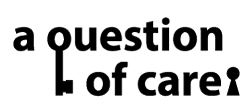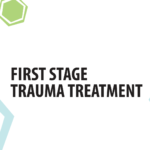Return customer? Seeing the same person over and over again?
Often the individuals who return most often through the doors of agencies, doctors offices and emergency rooms have many things going on at the same time. Intoxication might be the presenting issue – or an injury that requires attention – but when a few questions are asked, there are often more contributing factors. Health and Social Service Providers are often frustrated at the lack of options for clients who present with complex needs.
Even a look, a movement, an approach can be interpreted by a client or patient as judgmental or non-welcoming – or conversely as warm and welcoming. Service providers often become quite skilled at conveying warmth and create a safe environment just by the position of their body and the tone of their voice.
The question is… How do we move past warm and welcoming and invite clients with complex needs into a conversation about improved health?
Locally there is an education initiative to help equip Health and Social Service Providers with the information and tools to engage with individuals with complex needs and help them move towards positive change. All training sessions will be held locally and are free of charge. Topics covered will include:
- Brief Action Planning
- Motivational Interviewing
- Mental Health and Concurrent Disorders 101
- Substance Use and Addictions 101
- Youth and Substance Use
- Stigma
- Opiates and Overdose Prevention
Sign up for a free training opportunity today!
Training is made possible by contributions from the United Way Peterborough, The Central East LHIN, Ontario Trillium Foundation and many community stakeholders involved with the Concurrent Disorders Network and the Peterborough Drug Strategy.

